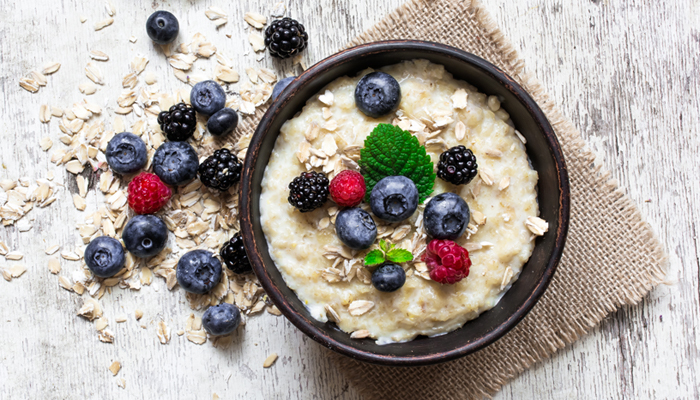If your kidney stone is caused by an excess of calcium, you may be advised to reduce the amount of oxalates in your diet. Oxalates prevent calcium from being absorbed by your body, and can accumulate in your kidney to form a stone.
Foods that contain oxalates include:
- beetroot
- asparagus
- rhubarb
- chocolate
- berries
- leeks
- parsley
- celery
- almonds, peanuts and cashew nuts
- soy products
- grains, such as oatmeal, wheat germ and wholewheat
You should not reduce the amount of calcium in your diet unless your GP recommends it. This is because calcium is very important for maintaining healthy bones and teeth.
To avoid developing a uric acid stone, you should reduce the amount of meat, poultry and fish in your diet. (Source: hse.ie)
General Dietary Recommendations
1. Avoid extra calcium supplements
- Calcium supplements should be individualized by your physician and registered kidney dietitian
2. Eat a moderate amount of protein
- High protein intakes will cause the kidneys to excrete more calcium therefore this may cause more stones to form in the kidney
3. Avoid high salt intake
- High sodium intake increases calcium in the urine which increases the chances of developing stones
- Low salt diet is also important to control blood pressure.
4. Avoid high doses of vitamin C supplements
- It is recommend to take 60mg/day of vitamin C based on the US Dietary Reference Intake
- Excess amounts of 1000mg/day or more may produce more oxalate in the body
(Source: US National Kidney Foundation)


